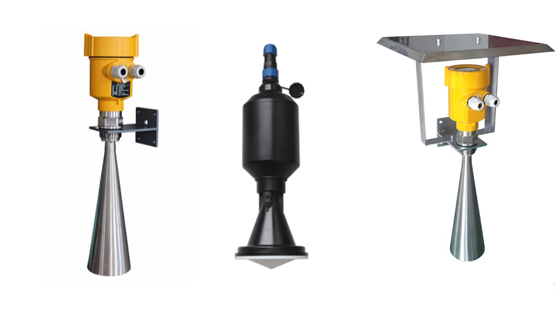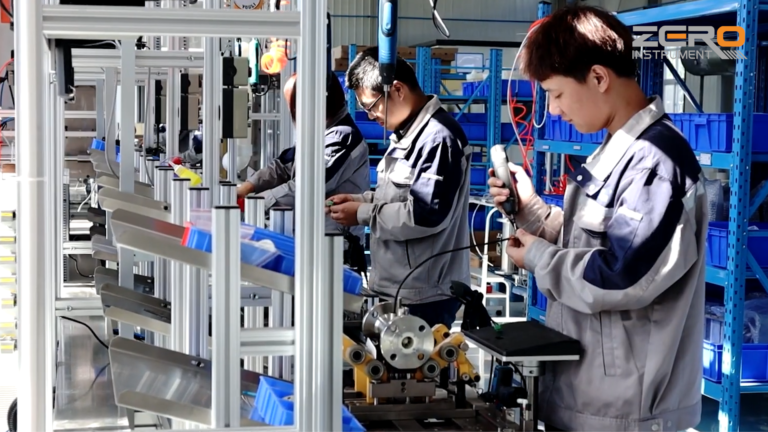The continuous acceleration of the urbanization process has made the problem of water accumulation on urban roads increasingly prominent, bringing a lot of inconvenience to people’s travel and life. In order to effectively solve this problem, instruments that can accurately monitor water levels are particularly needed.
Today, the editor will introduce in detail the working principle, characteristics and application of radar water level meters in urban road water monitoring to provide useful reference for related fields.

A radar water level gauge is a measuring instrument that uses microwave pulses to transmit and receive reflected waves through an antenna. It calculates the water level height by measuring the time difference between the emitted wave and the reflected wave, combined with the known wave speed.
Because radar waves are not affected by external factors such as light, smoke, dust, etc., they have the characteristics of high measurement accuracy and strong reliability. The radar water level meter adopts a non-contact measurement method, which avoids errors caused by traditional water level meters due to contact surface friction.
At the same time, it uses high-precision time measurement technology to achieve millimeter-level measurement accuracy. Radar waves have strong penetrating and diffraction capabilities, and can penetrate obstacles such as floating objects and aquatic plants on the water surface to achieve accurate measurement of accumulated water.
In addition, radar waves are not easily affected by electromagnetic interference, ensuring measurement stability. Radar water level gauges have a long service life and low failure rate.
At the same time, it has strong anti-corrosion and lightning protection capabilities, and can operate stably under harsh environmental conditions.
The radar water level meter has a simple structure, small size, and is easy and quick to install. In daily maintenance, the radar head only needs to be cleaned regularly, which is easy to operate.

Application of radar water level meter in monitoring water accumulation on urban roads to monitor water accumulation on roads: By setting up radar water level meters at key locations on urban roads, the water accumulation on roads can be monitored in real time, providing a strong basis for relevant departments to take timely measures.
When the water reaches a certain height, the radar water level gauge can trigger the alarm device to remind relevant personnel to deal with it in time. Guide the construction of drainage facilities:
By analyzing urban road water accumulation monitoring data, we can understand the operating status and existing problems of the drainage system. Based on these data, relevant departments can strengthen the construction of drainage facilities in a targeted manner and improve the drainage capacity of the drainage system.
Assessing urban flood prevention capabilities: By long-term monitoring of urban road water accumulation, the city’s flood prevention capabilities can be evaluated. Based on the assessment results, corresponding measures can be taken to strengthen urban flood prevention and improve the city’s disaster resilience.

Radar water level gauges play an important role in monitoring water accumulation on urban roads. By properly setting up and using radar water level meters, the problem of water accumulation on urban roads can be effectively solved and the city’s operating efficiency and residents’ quality of life can be improved.
